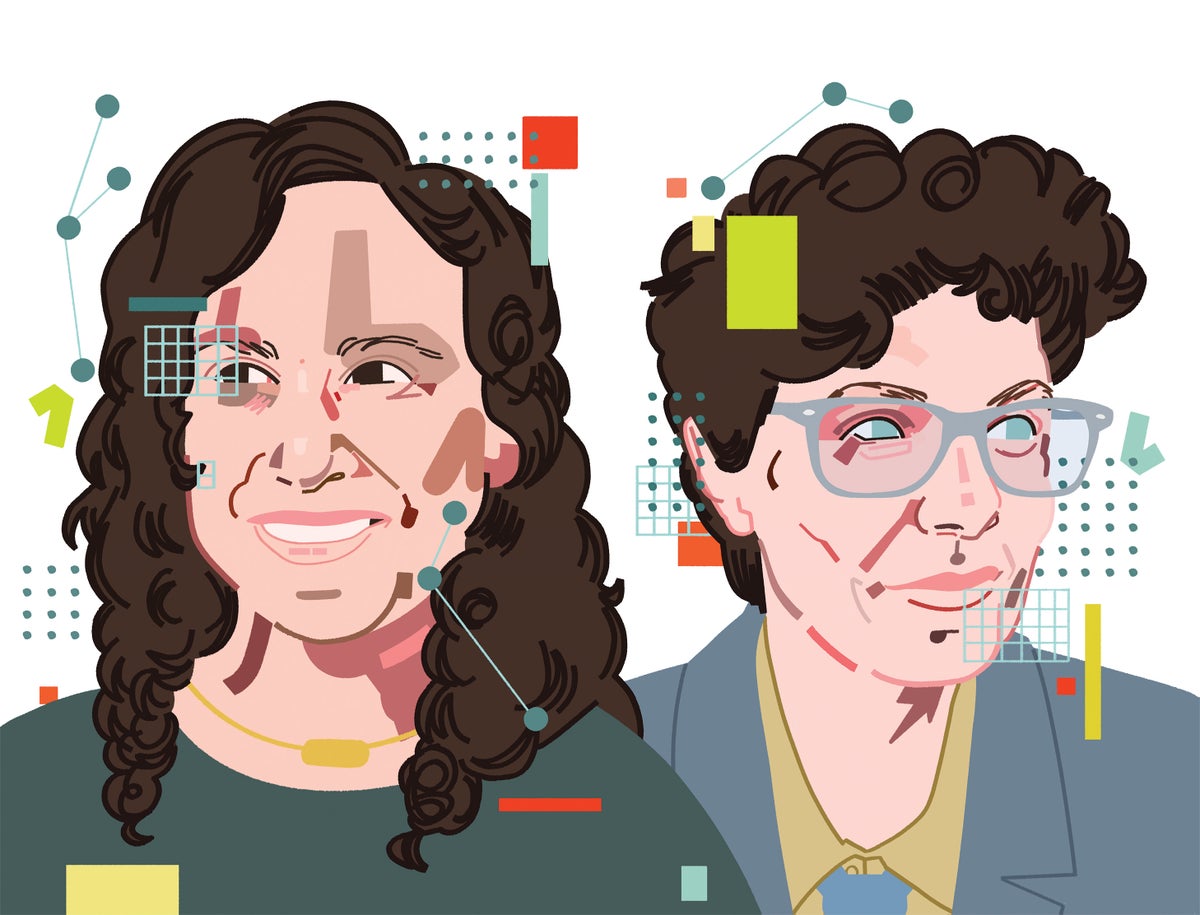On Saturday I gave an online talk on “How to think like AI Ethicist” that was part of a How To Festival. I talked about thinking about responsibility and the issue of “responsibility gaps”. I talked about some key risks like hallucinations, bias, deep fakes, and companion AIs. I also mentioned that we need to celebrate the effective uses of AI and think not just about hazards, but also about AI for good.
Artificial intelligence (AI) is everywhere. We all need to assess what to use and how to use the new tools. In this talk Geoffrey Rockwell will discuss some of the safety issues raised by the new generative AI tools. He will suggest some ways you can think through AI.Geoffrey Rockwell is a Professor for Philosophy and Digital Humanities at the University of Alberta. He is also a Canada CIFAR AI Chair working on responsible AI.EPL’s annual How To Festival is a chance to learn something new from someone who already knows how to do it. A variety of experts from professionals to enthusiasts will share their skills with you.This is an online program. To receive a link and passcode to the online class, please register with your name and email address and instructions will be sent to you within 24 hours of the session.Zoom, a third-party app, will be used for this virtual session. By joining, you acknowledge that EPL does not take responsibility for Zoom’s privacy policies and practice.


